Whole cloves are the dried flower buds of the Syzygium aromaticum tree, native to Indonesia. They're used whole in cooking for their intense flavor and aroma, then removed before serving. This guide covers everything you need to know: how to use them in recipes, proper storage methods, health benefits backed by science, and answers to common questions.
What Are Whole Cloves and How Are They Used?
Cloves are aromatic dried flower buds of the Syzygium aromaticum tree, native to the Maluku Islands in Indonesia. Unlike ground cloves, which are pulverized and used more subtly, whole cloves retain their full potency and are typically removed before serving. They are often used as a base note in stews, braises, mulled wines, and baked goods, offering a deep, earthy, and slightly sweet profile with a spicy kick.
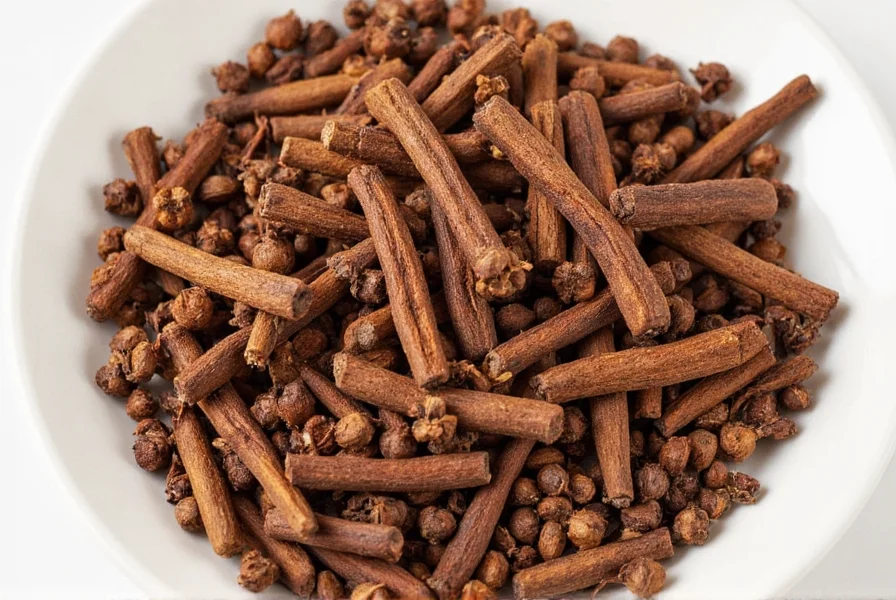
How to Use Whole Cloves in Cooking
Using whole cloves in your cooking doesn't require a culinary degree — just a bit of creativity and respect for their strength. Here are some easy and effective ways to incorporate them:
- Punch a Citrus: Stick whole cloves into oranges, lemons, or apples for a festive garnish or simmer pot aroma booster.
- In Sauces & Stews: Add a few cloves to slow-cooked sauces, curries, or broths for depth of flavor without overpowering the dish.
- Bake Smart: Tuck a couple of cloves into a cinnamon stick for poaching pears or infusing custards and rice puddings.
- Mull It Over: Essential for mulled wine, cider, or chai tea — cloves add that signature warm, spiced note.
- Rice & Grains: Simmer with basmati rice or quinoa for a fragrant side dish.
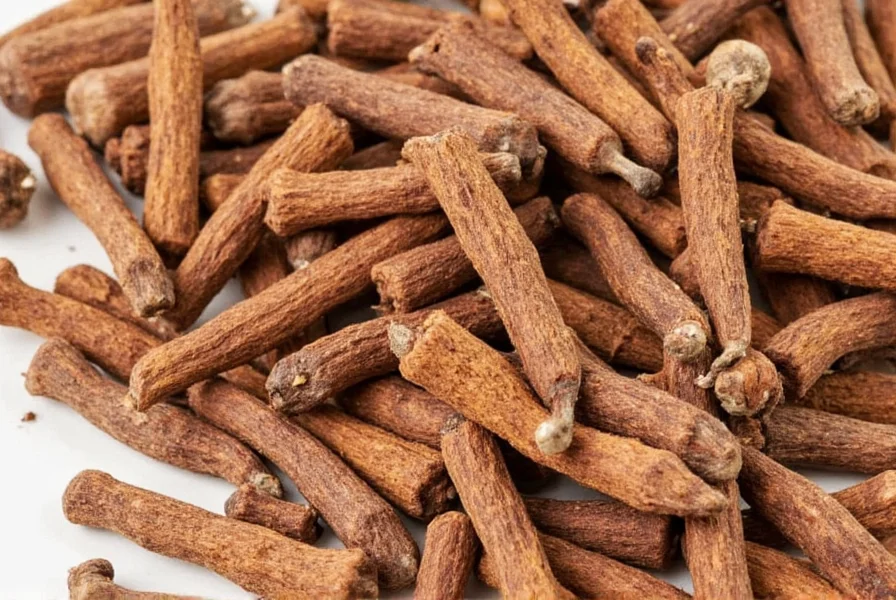
How to Store Whole Cloves Properly
| Storage Method | Shelf Life | Notes |
|---|---|---|
| Open pantry (no container) | 6–9 months | Not recommended |
| Airtight glass jar | 1–2 years | Ideal choice |
| Freezer (in sealed bag) | 2+ years | Extends life significantly |
Health Benefits of Cloves (Backed by Science)
Beyond flavor, whole cloves offer several evidence-based health benefits:
- Eugenol Content: A natural compound in cloves with anti-inflammatory and antiseptic properties. According to the National Institutes of Health (NIH), eugenol is commonly used in dentistry for its pain-relieving effects.
- Antioxidant Rich: Cloves contain high levels of antioxidants. Research published in the Journal of Medicinal Food shows cloves have one of the highest antioxidant capacities among spices.
- Anti-Microbial: Studies suggest clove oil can inhibit bacterial growth. A study in the Journal of Antimicrobial Chemotherapy demonstrated effectiveness against common foodborne pathogens.
- Blood Sugar Regulation: Preliminary research in the Journal of Diabetes Science and Technology indicates cloves may help regulate blood sugar levels.
- Digestive Aid: Traditionally used to relieve indigestion and bloating, with modern studies supporting its use for gastrointestinal comfort.
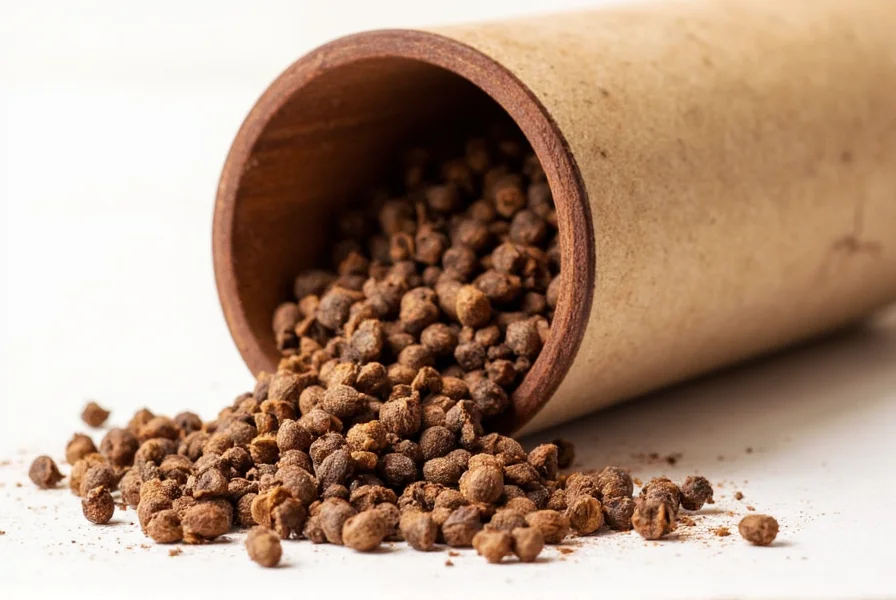
Buying Guide: Choosing the Best Whole Cloves
When shopping for whole cloves, quality makes all the difference. Here's what to look for and what brands stand out:
- Appearance: Look for unbroken, plump, dark brown to black buds. Avoid shriveled or pale ones.
- Smell: They should be intensely aromatic — if you can't smell them through the package, they're likely old.
- Origin: High-quality cloves come from Madagascar, Zanzibar, and Sri Lanka.
- Organic Certification: Opt for organic varieties if available and budget allows.
- Minimal Processing: Avoid products with additives or preservatives.
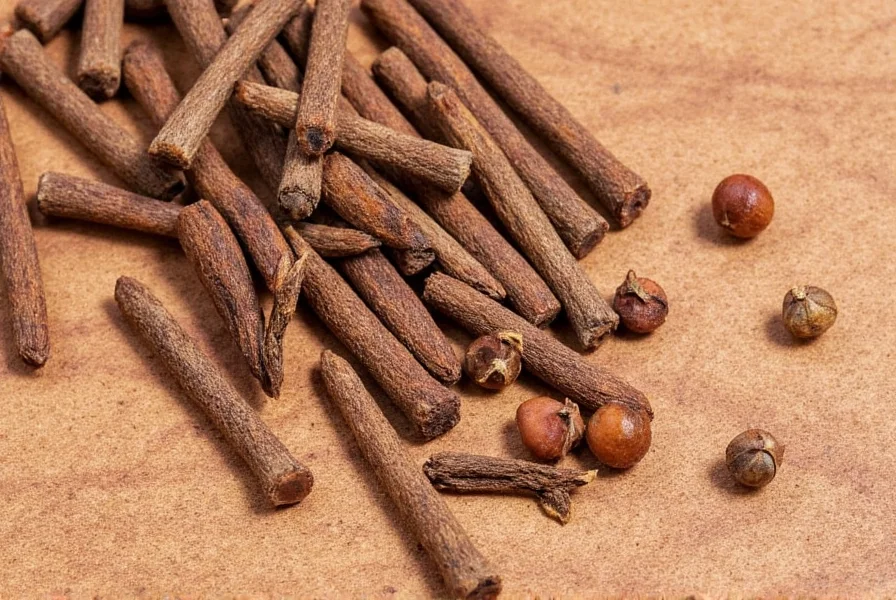
Frequently Asked Questions About Whole Cloves
What's the difference between whole cloves and ground cloves?
Whole cloves are the intact dried flower buds of the clove tree, while ground cloves are the powdered form. Whole cloves retain their essential oils and flavor much longer than ground cloves, which lose potency quickly after grinding. Whole cloves are typically used for infusing flavors into liquids and then removed before serving, while ground cloves are used when you want the spice fully incorporated into the dish.
How many whole cloves equal one teaspoon of ground cloves?
Approximately 6-8 whole cloves will yield about 1 teaspoon of ground cloves. However, keep in mind that freshly ground cloves will have more intense flavor than pre-ground cloves that have been sitting on the shelf for months.
Can you eat whole cloves?
While technically edible, whole cloves are extremely hard and intensely flavored. They're meant to be used as a flavoring agent that's removed before serving. Accidentally biting into a whole clove can be quite unpleasant due to their strong taste and hard texture. If using in dishes where removal might be difficult (like jams), consider using a spice bag or cheesecloth pouch.
How do you properly remove whole cloves from dishes?
The best method is to use a fine-mesh strainer when draining liquids like broths or sauces. For thicker dishes, carefully pick them out with tongs or a fork. To prevent losing cloves during cooking, consider placing them in a small muslin bag or tea infuser that can be easily removed when flavoring is complete. This is particularly useful for dishes like rice, stews, or mulled beverages.
How long do whole cloves last before losing potency?
When stored properly in an airtight container away from light and moisture, whole cloves can maintain their potency for 2-3 years. The best test is the snap test - fresh whole cloves should break cleanly when bent. If they bend or crumble, they've lost much of their essential oils and flavor. Properly stored in the freezer, they can last even longer - up to 4 years.
Can I grind my own whole cloves at home?
Absolutely! Grinding your own whole cloves right before use provides significantly more flavor and aroma than pre-ground cloves. Use a dedicated coffee grinder (not one used for coffee beans), a mortar and pestle, or a spice mill. For best results, toast the cloves lightly first to enhance their flavor, then grind to your desired consistency. Use immediately for maximum potency.
Conclusion: Elevate Your Flavor Game with Whole Cloves
Whether you're simmering a cozy stew, baking a holiday pie, or just wanting to make your home smell divine, whole cloves are a must-have in your spice arsenal. Their versatility, shelf life, and bold character make them indispensable for any kitchen. Don't let their small size fool you — these tiny powerhouses can transform the simplest of dishes into something extraordinary.
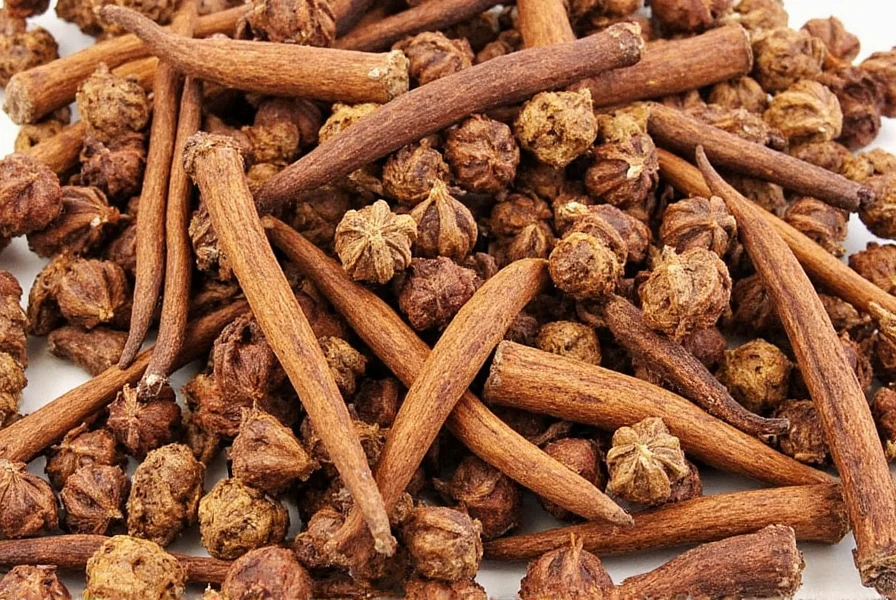

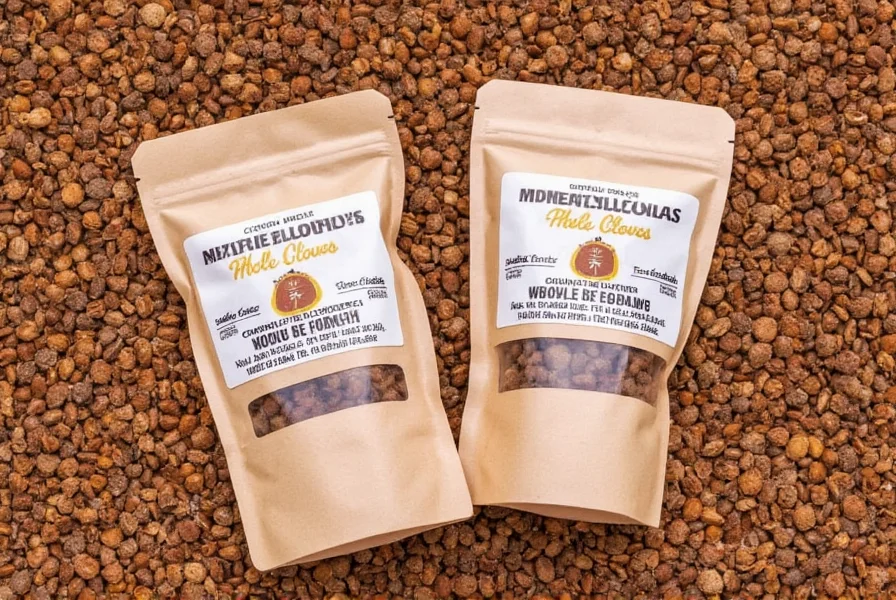









 浙公网安备
33010002000092号
浙公网安备
33010002000092号 浙B2-20120091-4
浙B2-20120091-4